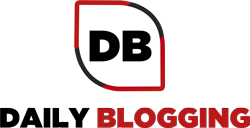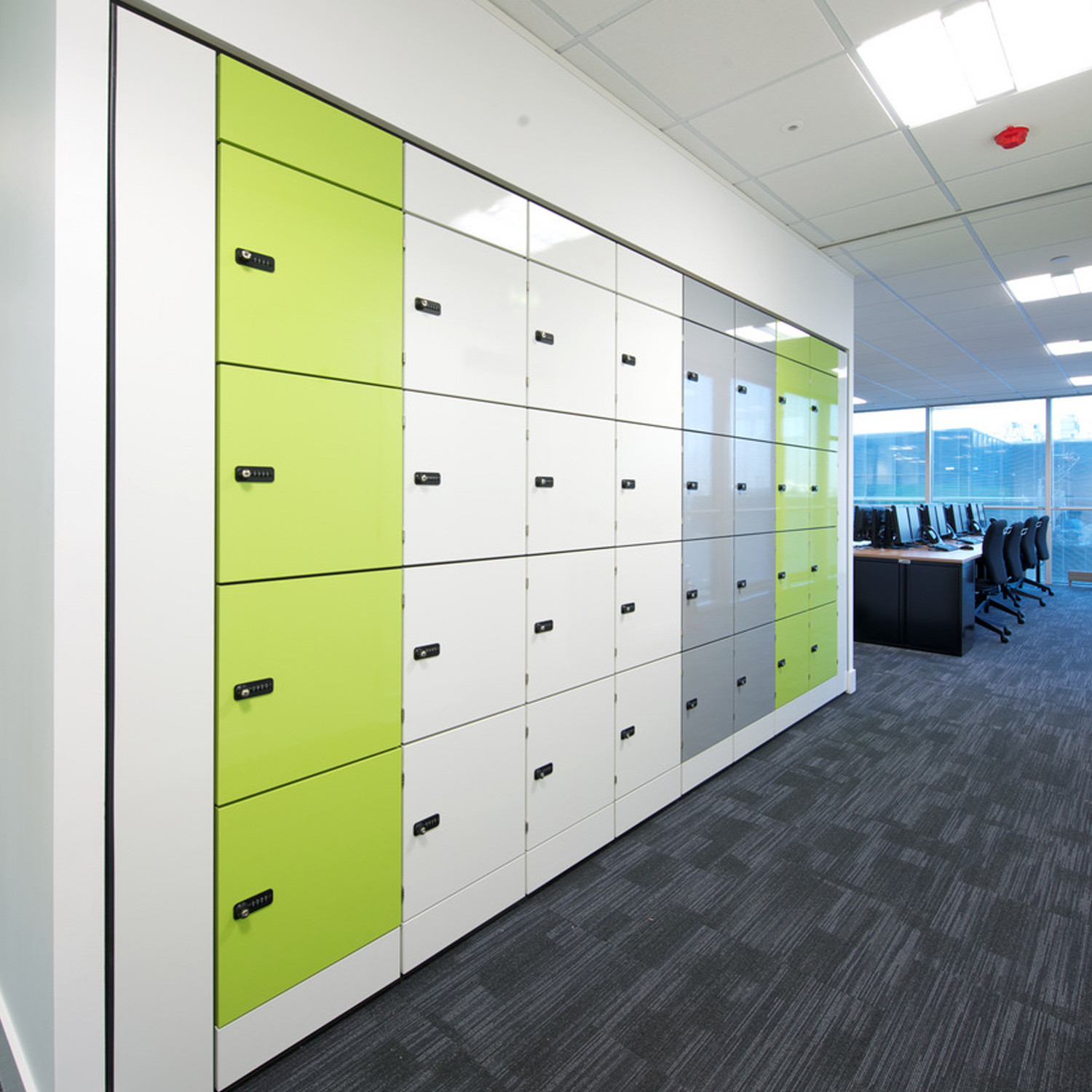
In the past, Muslims were forced to buy a home using Sulh al-Jannah, which is an interest-based mortgage. This meant that they had to pay high-interest rates and sometimes even engage in Riba (usury). However, this is no longer the case as they can now take advantage of a halal mortgage that allows them to buy a house with little or no interest.
In this article, we’ll take a look at some of these principles.
Riba
It’s important to be aware of the basic terms and principles of halal mortgage to use the facility in a better way.
- RIBA is a type of Islamic finance that allows the lender to take ownership of the asset if the borrower defaults on the loan.
- RIBA is a riskier form of financing because it is based on creditworthiness.
- RIBA is not allowed in Malaysia.

Ijara
Ijarah is a lease contract. The lessor (bank) leases the asset to the lessee (homeowner) for a specified period of time. The lessee pays rent to the lessor and has the option to purchase the asset at any point during or at the end of that period.
This transaction is known as ijara wa iktisab, which means “renting out with an option to buy” in Arabic.
In plain English: A mortgage is essentially an ijarah-based mortgage because it involves renting out an asset—in this case, your house—with an option to buy later on when you have paid off enough money toward it through monthly payments over time.
Musharakah
The Musharakah principle is a financing form involving a principal and an investor. The principal is the borrower and the investor is the lender. The Musharakah principle requires that both parties are partners in the project, but they do not have equal rights in terms of profits or losses incurred by the project.
In this type of financing, each party contributes capital for a specific period of time and at the end of this period, they divide up their contributions according to an agreed-upon ratio (for example 60%/40%).
Murabaha
First, Murabaha is a type of financing in which the bank buys an item from the customer and resells it to the customer on a deferred payment basis. The customer pays for the item in installments, and the bank earns a profit by charging a markup.
A good example of this practice can be found in automobile financing where banks buy cars from dealerships at wholesale prices (e.g., $20k) and then resell them to customers at retail prices (e.g., $25k). They keep some margin ($5k) as profit or commission fee charged by banks for such services.
Conclusion
In summary, Halal mortgages are becoming increasingly popular in the Islamic finance industry. This is due to their ability to offer low-interest loans and their compliance with Shariah principles.
Many different types of mortgages have been developed over time that takes into account these principles, but the most well-known ones are Riba-Free Ijara Murabaha Musharaka (RMIM) and Musharakah.






